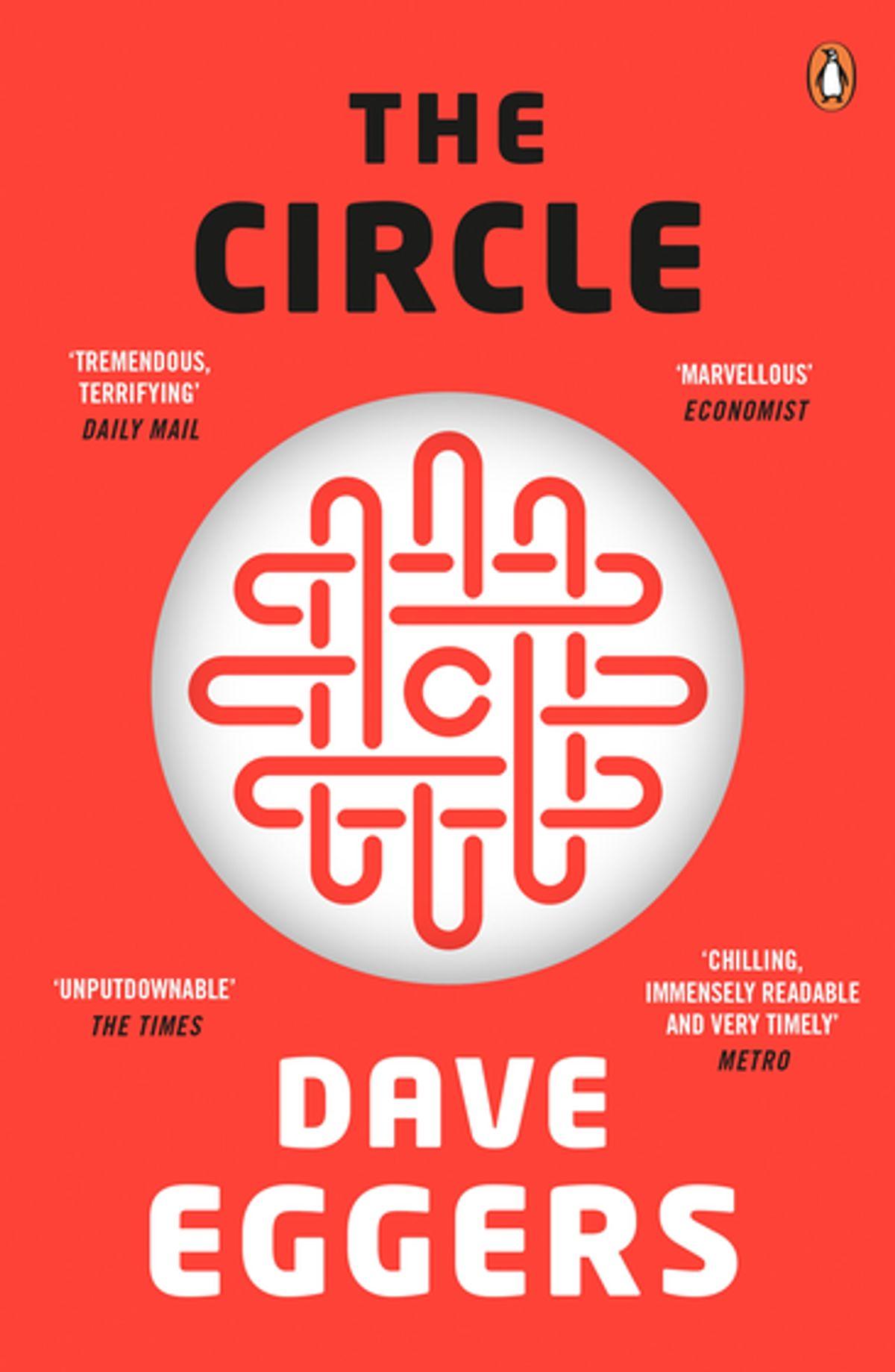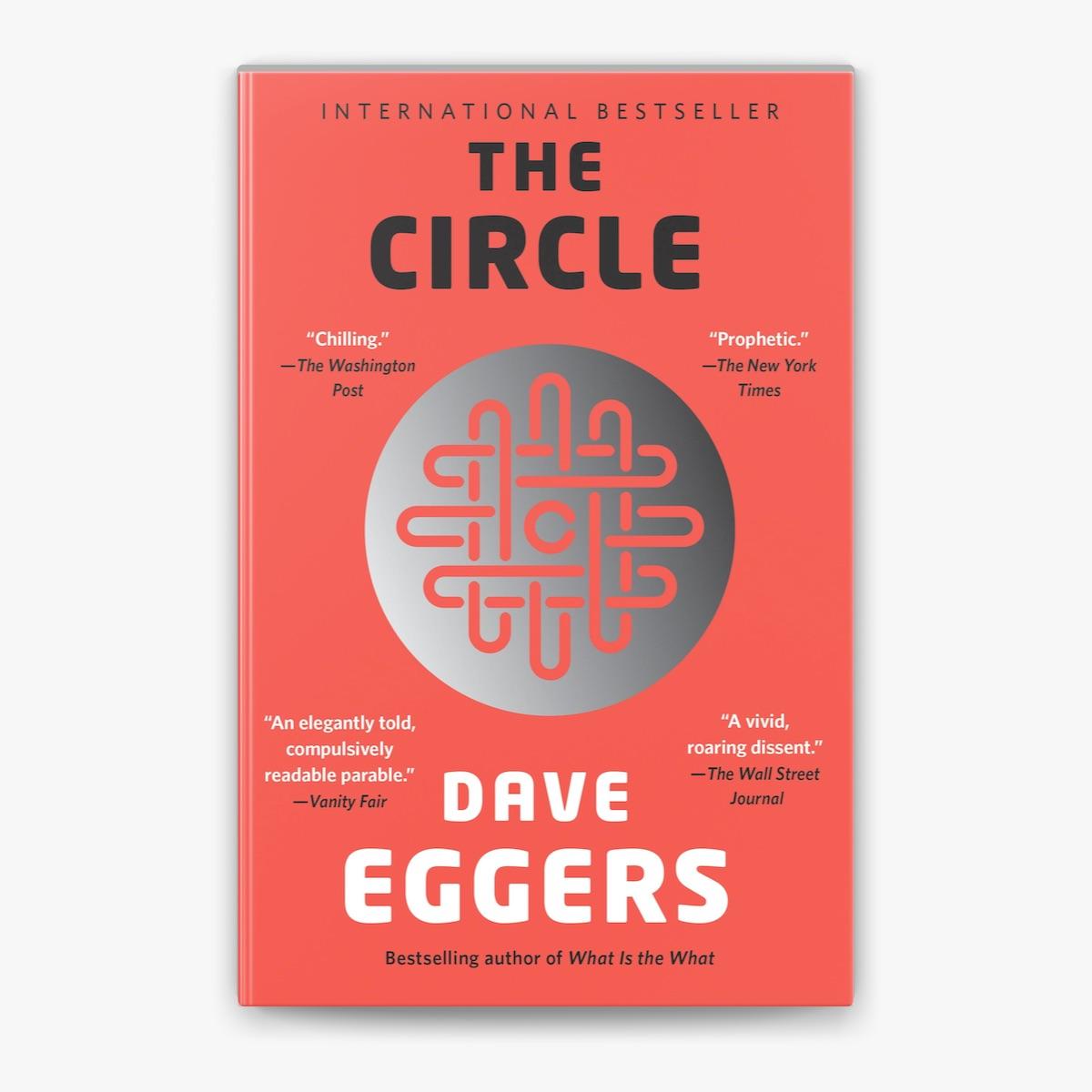In the contemporary landscape where technology is intricately woven into the fabric of daily life, Dave Eggers’ novel “The Circle” emerges as a compelling exploration of the ethical dimensions of technological advancement. This analytical examination delves into the intricate ethical quandaries presented in the narrative, which mirror the real-world dilemmas faced by society today. “The Circle” serves as a critical lens through which the implications of pervasive surveillance, data privacy, and the erosion of individual autonomy are scrutinized. By dissecting the interactions and decisions of the novel’s characters, this article seeks to illuminate the broader ethical questions posed by the relentless pursuit of technological innovation. As the boundaries between public and private spheres become increasingly blurred, Eggers’ work challenges readers to consider the moral responsibilities that accompany the digital age, urging a reflection on the balance between progress and ethical integrity.
Privacy and Surveillance in The Circle: A Critical Examination
In Dave Eggers’ “The Circle,” the pervasive nature of technology raises profound questions about the boundaries of privacy and the ethics of surveillance. As the story unfolds, the eponymous tech company advocates for radical transparency, promoting the idea that complete visibility equates to greater societal harmony. However, this ethos poses significant ethical dilemmas. The notion of constant observation strips individuals of their autonomy, reducing personal experiences to mere data points. This narrative invites readers to consider the implications of living in a world where privacy is an antiquated concept and surveillance is normalized.
- Loss of Autonomy: Individuals are pressured to conform to the omnipresent surveillance, leading to a homogenized society devoid of personal freedom.
- Data as Commodity: Personal information becomes a valuable asset, raising concerns about who controls this data and how it is utilized.
- Transparency vs. Privacy: The Circle’s mantra of “Secrets are Lies” challenges the balance between openness and the right to privacy.
Eggers crafts a cautionary tale that reflects real-world tensions between technological advancements and ethical boundaries. Through this lens, the book serves as a critical examination of the consequences that arise when surveillance technologies are left unchecked, urging readers to contemplate the future of privacy in a digital age.

The Moral Implications of Transparency and Data Sharing
In “The Circle” by Dave Eggers, the narrative intricately explores the profound ethical challenges posed by transparency and data sharing in a hyper-connected world. At the heart of this exploration lies the tension between the benefits of open access to information and the potential erosion of privacy. While transparency can lead to increased accountability and a more informed society, it also raises critical questions about the right to privacy and the boundaries of personal freedom. Is it ethical to prioritize collective visibility over individual privacy? The novel pushes readers to ponder whether the quest for a transparent society justifies the potential infringement on personal autonomy.
- Accountability vs. Privacy: The balance between holding individuals and organizations accountable and respecting personal privacy becomes a focal point of ethical debate.
- Informed Society vs. Surveillance: While data sharing can create a more informed public, it can also lead to an environment reminiscent of surveillance, where every action is monitored and recorded.
- Consent and Control: The issue of consent becomes crucial. Are individuals genuinely consenting to share their data, or are they subtly coerced by societal norms and expectations?
Ultimately, Eggers’ narrative serves as a cautionary tale, urging us to critically evaluate the moral implications of our technological advancements. The dialogue between transparency and privacy demands a nuanced understanding, where the benefits of data sharing are carefully weighed against the potential for misuse and the loss of individual freedoms.

Balancing Innovation and Ethical Responsibility in Technological Advancements
In Dave Eggers’ novel, The Circle, the interplay between groundbreaking technological advancements and ethical considerations is meticulously examined. The narrative delves into the world of a powerful tech company, The Circle, which strives to create a utopian society through total transparency and connectivity. While innovation drives the company’s ambitions, it raises pressing ethical concerns that are both thought-provoking and alarming. Privacy becomes a relic of the past, replaced by a culture of surveillance and data exploitation. The novel invites readers to ponder the consequences of prioritizing technological growth over fundamental human rights, highlighting the potential erosion of personal freedoms.
Eggers illustrates several key ethical dilemmas through the actions of The Circle, which can be categorized as follows:
- Surveillance vs. Privacy: The company’s mantra “Secrets are Lies” reflects its belief in complete transparency, challenging the boundary between public knowledge and individual privacy.
- Data Ownership: The novel questions who truly owns the data generated by individuals and how it should be utilized or monetized.
- Consent and Autonomy: As technology increasingly infiltrates daily life, the issue of informed consent becomes crucial, questioning whether individuals genuinely have the autonomy to opt-out.
- Social Implications: The Circle’s innovations impact social dynamics, potentially leading to a homogenized society where dissent is stifled and conformity is encouraged.
Eggers’ work serves as a cautionary tale, urging readers and technologists alike to strike a balance between innovation and ethical responsibility, ensuring that technology enhances rather than diminishes the human experience.

Recommendations for Ethical Practices in Technology Development
In analyzing “The Circle” by Dave Eggers, it becomes evident that technology developers must adopt a set of ethical practices to navigate the challenges posed by rapid technological advancements. One primary recommendation is the integration of transparency as a core principle. Companies should ensure that their data collection methods and usage are openly communicated to users. This transparency fosters trust and accountability, crucial elements in maintaining a healthy relationship between technology providers and consumers.
- Privacy Preservation: Developers should prioritize the protection of user data, implementing robust security measures to prevent unauthorized access.
- User Consent: Obtaining explicit consent from users before collecting or using their data is vital. This practice respects individual autonomy and empowers users to make informed decisions.
- Impact Assessment: Conducting regular assessments to evaluate the societal and environmental impacts of new technologies can help in identifying potential ethical concerns early on.
Furthermore, fostering an environment of collaborative dialogue among stakeholders—including developers, policymakers, and the public—can facilitate the creation of ethical guidelines that evolve alongside technological innovation. Such dialogue ensures that diverse perspectives are considered, ultimately leading to more inclusive and equitable technology development.
